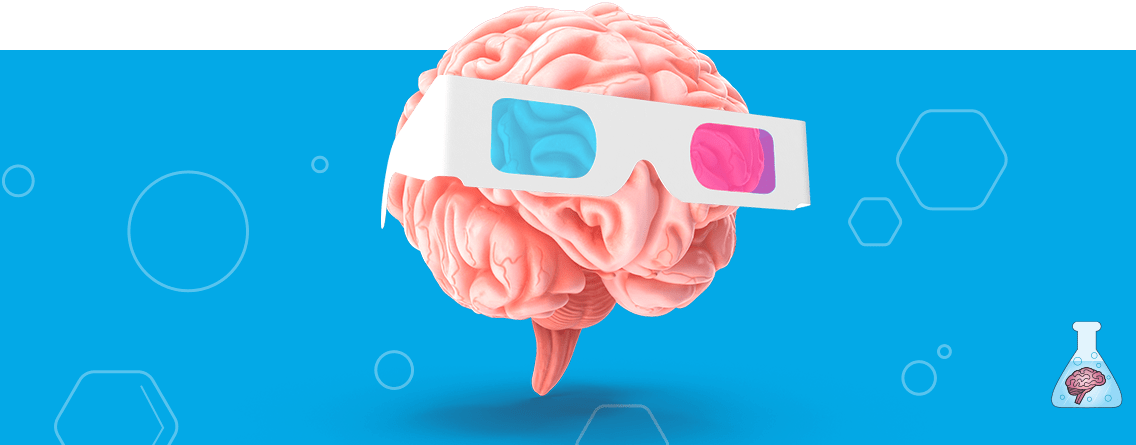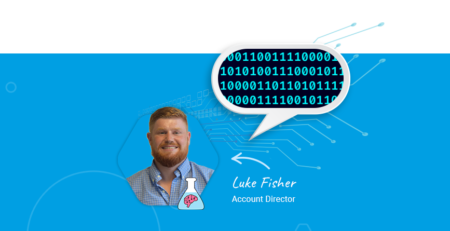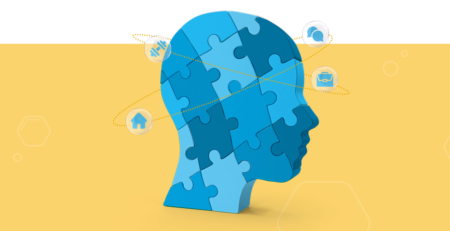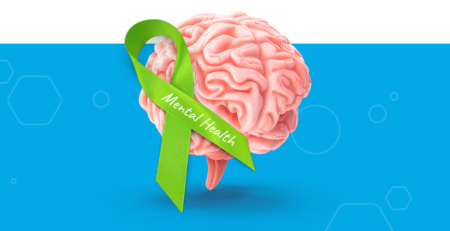How unconscious bias can lead to microaggression
I am biased.
Sometimes my biases come out in innocuous ways. I prefer cats to dogs. I would rather eat Japanese yakiniku rather than a New York strip steak. Cities to small towns. The list goes on and on.
But sometimes they can materialize in a more negative fashion. I sadly recently struggled when discussing an LGTBQ+ issue with a colleague. I fully support a person’s right to different sexual orientations or identities but stumbled over myself seeking to not offend because I’m not involved in the community enough to know the most inclusive terminology. In trying to avoid any unintentional offense, I, ironically, gave offense due to my blundering heteronormative ignorance.
This wasn’t a conscious decision that I made. It was a result of my upbringing and my personality, a combination of nature and nurture that has shaped me into the person that I am today.
It’s also known as unconscious bias.
The problem with unconscious biases
The University of California, San Francisco has a pretty good definition of unconscious bias, stating that “unconscious biases, also known as implicit biases, are the underlying attitudes and stereotypes that people unconsciously attribute to another person or group of people that affect how they understand and engage with a person or group.”
What is so insidious about unconscious bias is that unless you stop to really think about what biases you have and how you interact with certain groups of people, you don’t realize that you have them. They can actually run counter to your conscious values.
I have multiple experiences of growing up as one of a handful of minority students in a small, rural community in the middle of America where well-meaning adults would tell me that “I spoke English well” or that it was natural that I was good at math because I was Asian. My friends would helpfully try to set me up with someone because he had brown skin, like myself.
None of these experiences were meant to be hurtful. In fact, they were well-intentioned and were meant for me to feel praised or included in the group. They had an unconscious bias that Asians didn’t speak English well, or that Asians were good at math, or that minorities would be happier paired up together.
These biases were likely fostered by stereotypes propagated by the media and Hollywood. Or perhaps they were a result of family attitudes that were expressed by older generations, whose experiences with Asian culture were through the eyes of soldiers or other military personnel stationed overseas in one of the many recent wars that occurred on the Asian subcontinent.
Whatever the source, like all stereotypes, there is a kernel of truth. There are some Asians who struggle with speaking English with a fluent American accent (the American definition of “speaking English well”). There are some Asians who are exceptionally good at math. (Sidenote: this is not me.) There are some Asians who prefer to only date other Asians. So it’s easy to see why a person may feel justified in their biases if they reflect on them shallowly.
Why we have unconscious biases
Human brains are lazy and they like to rely on stereotypes to free up mental space to focus on things that are really important, such as completing a work assignment on time or maintaining familial relationships. It takes a lot of time and mental energy to delve deeply into a new culture, often leading us down seemingly unending rabbit holes.
So to avoid that, we like to have shorthand references that we rely on for more superficial interactions. These references are built unconsciously over time and rarely do we take notice of them enough to stop and review them for accuracy. Yet this is what we must strive to do, as it’s only upon deeper reflection that the inaccuracy of these assumptions become clear.
From bias to microaggression
Without the necessary reflection of these stereotypes and biases, we can inadvertently alienate the other party through unintended microaggressions. According to Merriam-Webster, a microaggression is “a comment or action that subtly and often unconsciously or unintentionally expresses a prejudiced attitude toward a member of a marginalized group (such as a racial minority).”
When I was younger, I didn’t think much of these micro-aggressions, but in retrospect, I can see the impact that they had on my self-esteem. I always felt like I didn’t quite belong in the sleepy rural community in which I grew up and, truthfully, to which I have no desire to return since I left. I always felt different, and being told that my grasp on the English language was impressive didn’t do much to help me feel like I was a normal or accepted part of the community.
And that is the crux of the problem.
We all want to feel like we have a place in society. This sense of belonging greatly impacts our happiness and our feeling of self-worth. We all have the right to be accepted for who we are, and to be able to bring our full selves to our work and our community.
In order to accomplish this goal, we must be willing to do the work to improve ourselves.
Everyone has unconscious biases
None of us are above unconscious bias. We all have our biases, and we owe it to ourselves, our coworkers, and our neighbors to thoughtfully identify and examine them.
Then we must put in the effort to confront our harmful biases and do our best to negate them.
We will never erase them fully. They’re part of who we are, but once we identify them, we can intentionally counter their influence on us.
For myself, I am going to strive to have more open conversations with my LGBTQ+ friends and colleagues and deliberately do more research into how to be more inclusive and supportive. I never want to risk anyone feeling alienated again due to my inept ignorance.




